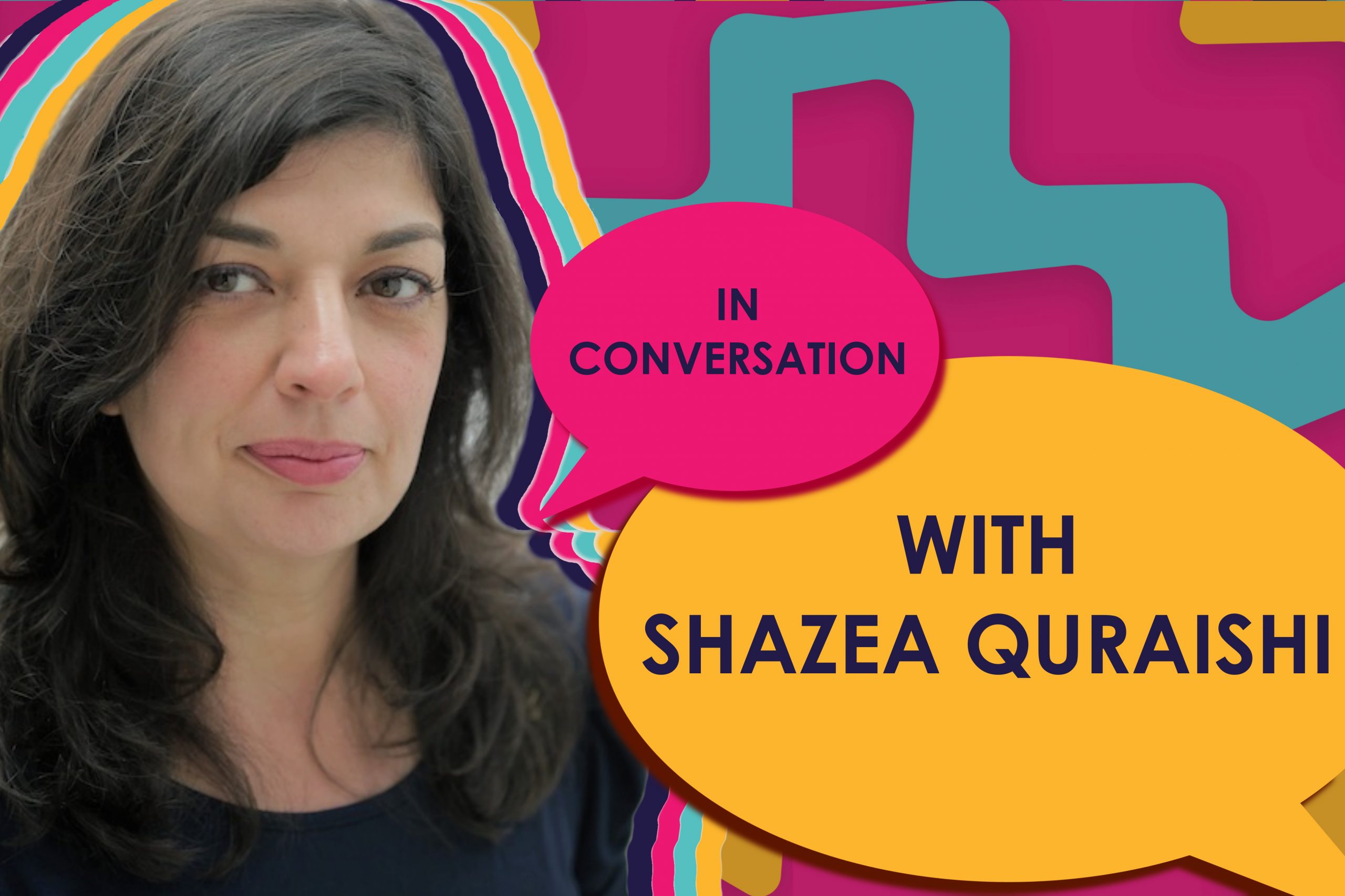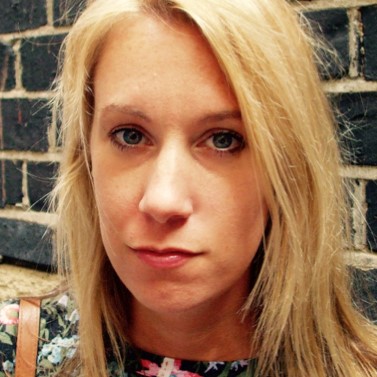Diaries Of An Artist In Hiding
I am the president
I tell myself out loud in the car on the way to work as a social experiment,
I am the president
I am the president by the end of the journey I am taller, fatter,
dreaming of an André Breton republic and Cuban cigars.
The broader view is my poetry of hagiography,
I am becoming beatific,
rise above most things –
a swallow filled with helium
soon to feel altitude sickness.
Really the experiment is myself,
there are no controls that I am aware of
it’s a pretty state of affairs
can do what I want when I want and so on.
I am Matisse with a charcoal
drawing on the walls from my sick bed today.
The flu is viral and I am kept inside
a glass cloche of yellow and pink spring blooms.
More work is needed I tell myself,
only the lines, the forms, the space can reveal the truth absolute
straight from a Russian Vodka God or my dancing hands,
no deviation from the discipline of the line.
Charcoal dust falls to the concrete floor.
I am romantic on Tuesday
a love letter from Camille to Rodin
filled with the language of marble,
flowering fingers, fractures,
scatters of light picking out human form.
Rasps and rifflers fall from cramped hands
warming each other beneath dust sheets.
Most days I have concealed myself so well
that I am free to lie in a dark space,
expecting nothing but the occasional
levitation of a knife or
corkscrewing of a bird feeder.
I am becoming the weather.
I hear of snow on the radio,
next day it falls on cherry blossom,
petals and ice confuse.
Oh the joys of such freedom!
This morning I am a badger
I have an earthen dwelling and have bitten you for coming too close
unheeding of the clear warnings.
Soon I will piss en plein air and
find some unwanted dog food and
be happy.
The experiment is boundless
like the imagination of a new subspecies
of giant squid,
immeasurable and brilliant,
it’s owner perceived as a delicacy.





